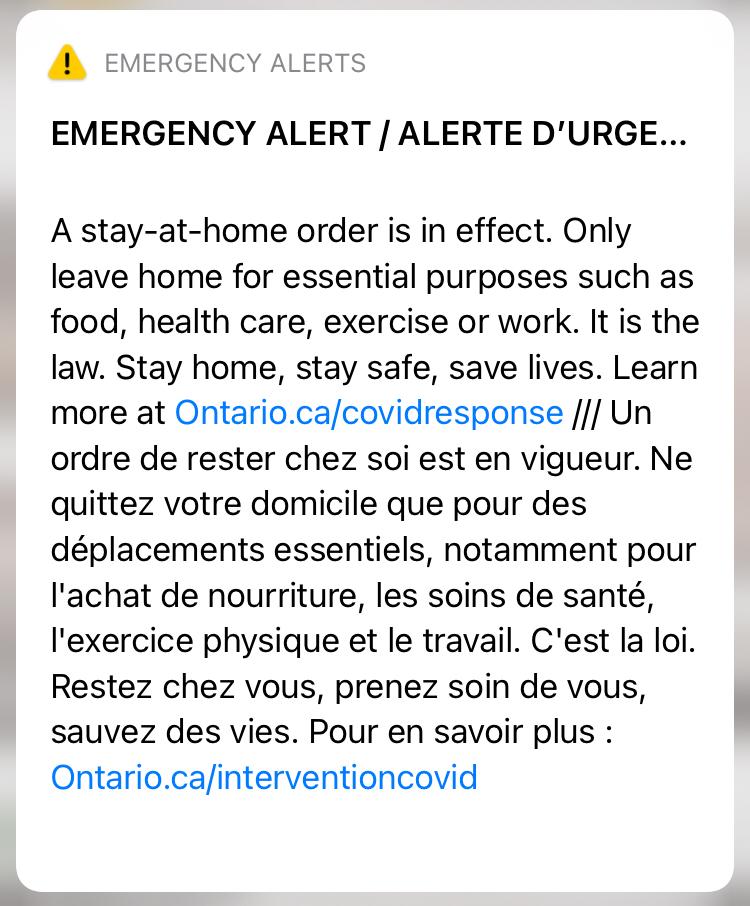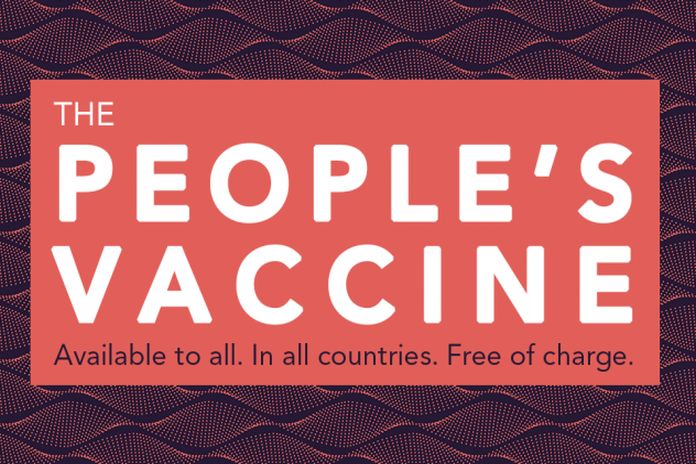COVID-19 and pandemic tourism is taking a toll on the Caribbean. Cutbacks in airlift, hotel closures, COVID-19 related deaths and increase coronavirus case are all happening at once. Coupled with this is wilful blindness of certain Caribbean leaders.
Tourism/extractive industry is in practical terms the sum of the Caribbean economy. The closure of hotel plants, short-term/long-term by regional ministries of health, decisions by management consortium, owners and matters of cost efficiency (occupancy level) is the beginning of a much larger socio-economic discussion the region needs to confront with immediate reconfiguration.
Related: St Lucia records eight COVID-19 related deaths: SVG 62 cases and one death
The fact of the matter is: reality is setting in. COVID-19 is at the front and back door. Its mutation is certain to cause additional complications in the Caribbean. Nevertheless, it is said the islands cannot close it borders and perhaps we should learn to coexist with COVID-19 – committing to discipline, social distancing and being our brother’s keeper.
On the other hand, source markets are tightening restrictions and creating new conditions, amid increasing levels of coronavirus cases. This will also compound issues of trade and business services, food security, migration and national security.
The third national lockdown in the UK (extension Europe) relative to regional airlift (seven day vacations and over) is substantial to the economic viability of the region.

Canada is a major source market with direct-airlift to the Caribbean is also experiencing setbacks. Stay at home order in Canada is the law – broadcast via cell phones and television periodically adds to pre-departure and entry COVID-19 negative results for all air travellers.
The Centers for Disease Control and Prevention (CDC) has announced it is expanded the requirement for a negative COVID-19 test to all air passengers entering the United States: This order was signed by the director on January 12, 2021, and will become effective on January 26, 2021.
“Air passengers are required to get a viral test (a test for current infection) within the 3 days before their flight to the US departs, and provide written documentation of their laboratory test result (paper or electronic copy) to the airline or provide documentation of having recovered from COVID-19. Airlines must confirm the negative test result for all passengers or documentation of recovery before they board. If a passenger does not provide documentation of a negative test or recovery, or chooses not to take a test, the airline must deny boarding to the passenger,” said CDC.
Related: IATA frustrated to see all travel corridors shut down
Further tightening of regional travel and trade will impact the region significantly. Last week, heads of government for the Caribbean Community (CARICOM) continued their discussions towards initiating the economic recovery of the region which has been devastated by the COVID-19 pandemic.
According to reports, “they issued three statements among which they emphasised their unswerving support for Guyana in the border controversy with Venezuela. They also called for a global summit to address equitable access and distribution of the vaccines to combat the pandemic. The heads of government further denounced the unilateral declaration by the United States which designated Cuba as a state sponsor of terrorism.”
Secretary-General LaRocque said the week’s activities underline the urgency which is necessary to tackle the adverse social and economic effects that the COVID-19 pandemic has wrought on the Community.
“Our heads of government are leading the way in seeking a path to recovery from the effects of the pandemic and to continue to build the resilience of the Community. The CARICOM Single Market and Economy (CSME) provides a solid platform and the collaboration among the Member States, the Regional Institutions and the Secretariat which proved so effective in the Community’s relatively successful containment of the virus is another factor in our favour,” said, secretary-general LaRocque.

The Caribbean Community (CARICOM) in a separate release said: “It is deeply concerned at the current prospect of inequitable access to vaccines to address the pandemic, especially for frontline workers and vulnerable populations,” adding, “the reality is that small states will find it difficult to compete in the market place to ensure equitable access for vaccines. Given the transmissibility of the virus, all countries are vulnerable and should work together.”
“The inextricable link economically, socially, and by virtue of travel with our neighbours and the wider international community, makes it imperative for CARICOM Member States to be afforded access to vaccines as a matter of urgent priority. This action will be mutually beneficial in breaking the transmission of the virus.”
Related: British and French overseas territories commence COVID-19 vaccination, PSAs
Notwithstanding multiple interpretations, policies and practices, OECS – CARICOM Member States must gear-up #Vaccines4All. Achieving this goal is an established dimension that will have to be achieved globally.
However, laying the foundation for “recovery” begins with “ a rescue plan ”.
Urgent consolidation and repurposing is envisaged from the remnants of COVID-19 in terms of regional tourism, financial services, technology, health services, response to external shocks and natural disasters. There are also lingering concerns of finance, infrastructure, the real estate marketplace, immigration and logistics (supply chain) that require functional rationalization.
The Caribbean Economic Recovery and Transformation (CERT) Plan, which is being devised by a regional team of experts under the leadership of the prime minister of Barbados, Mia Amor Mottley, is viewed with much anticipation.





